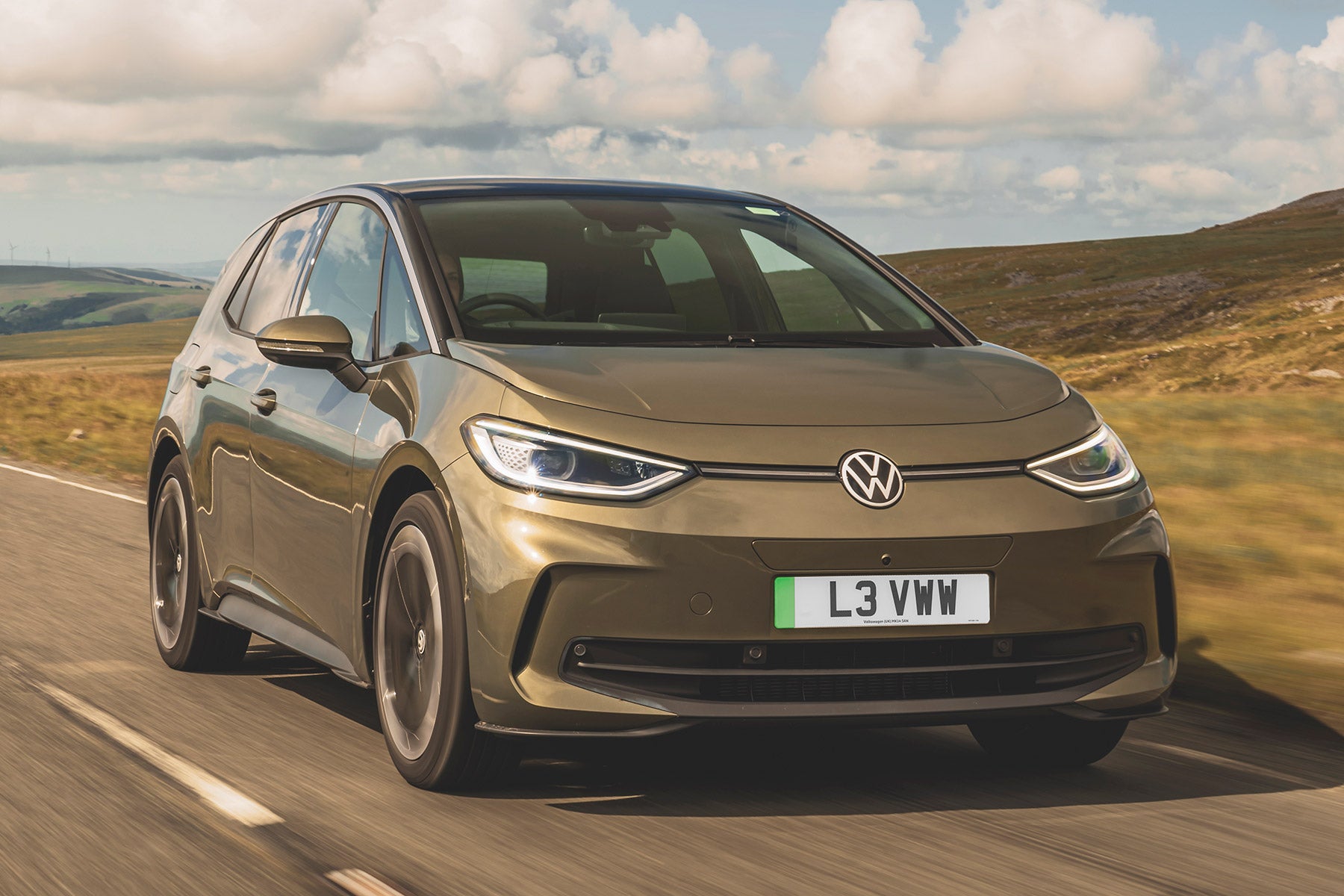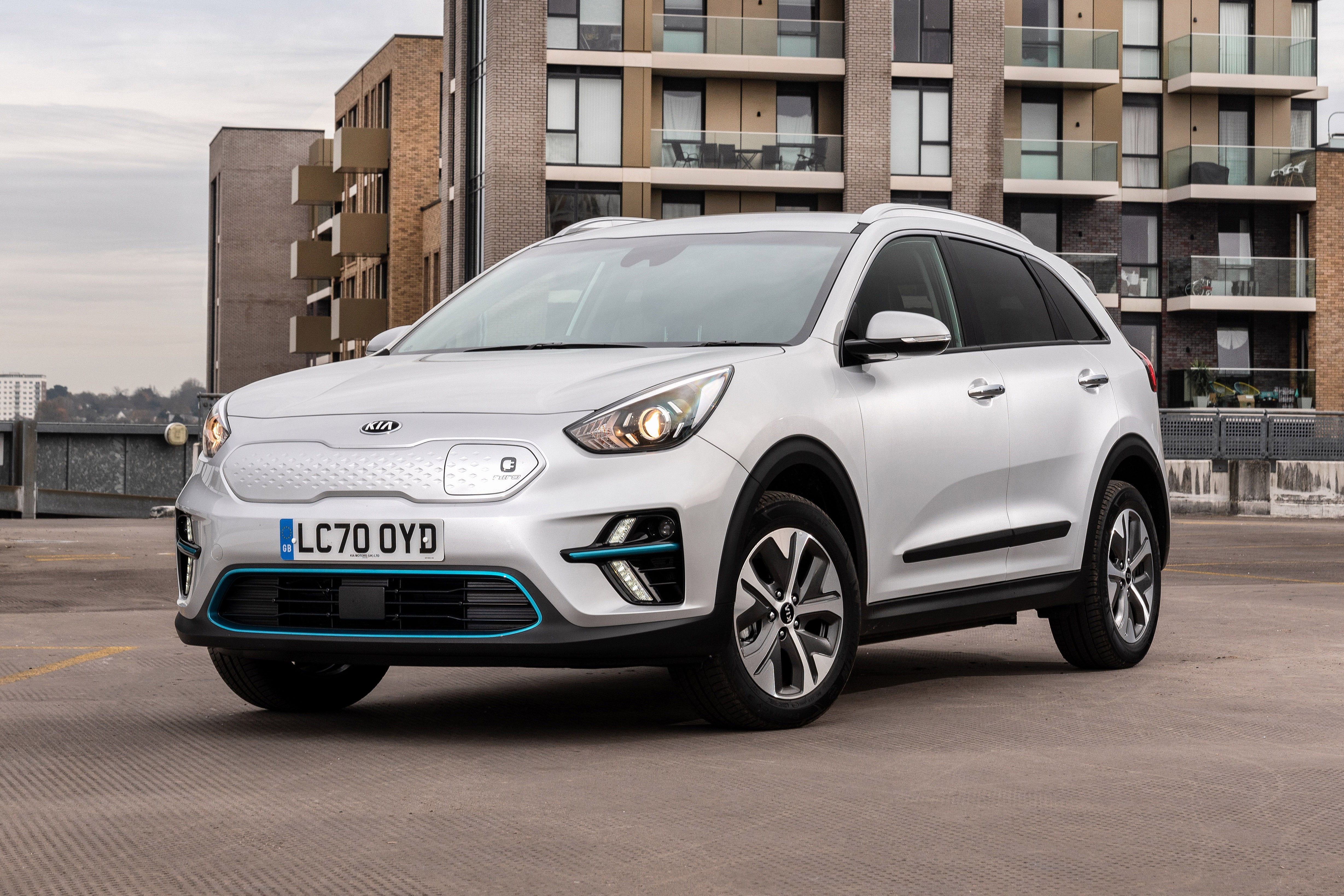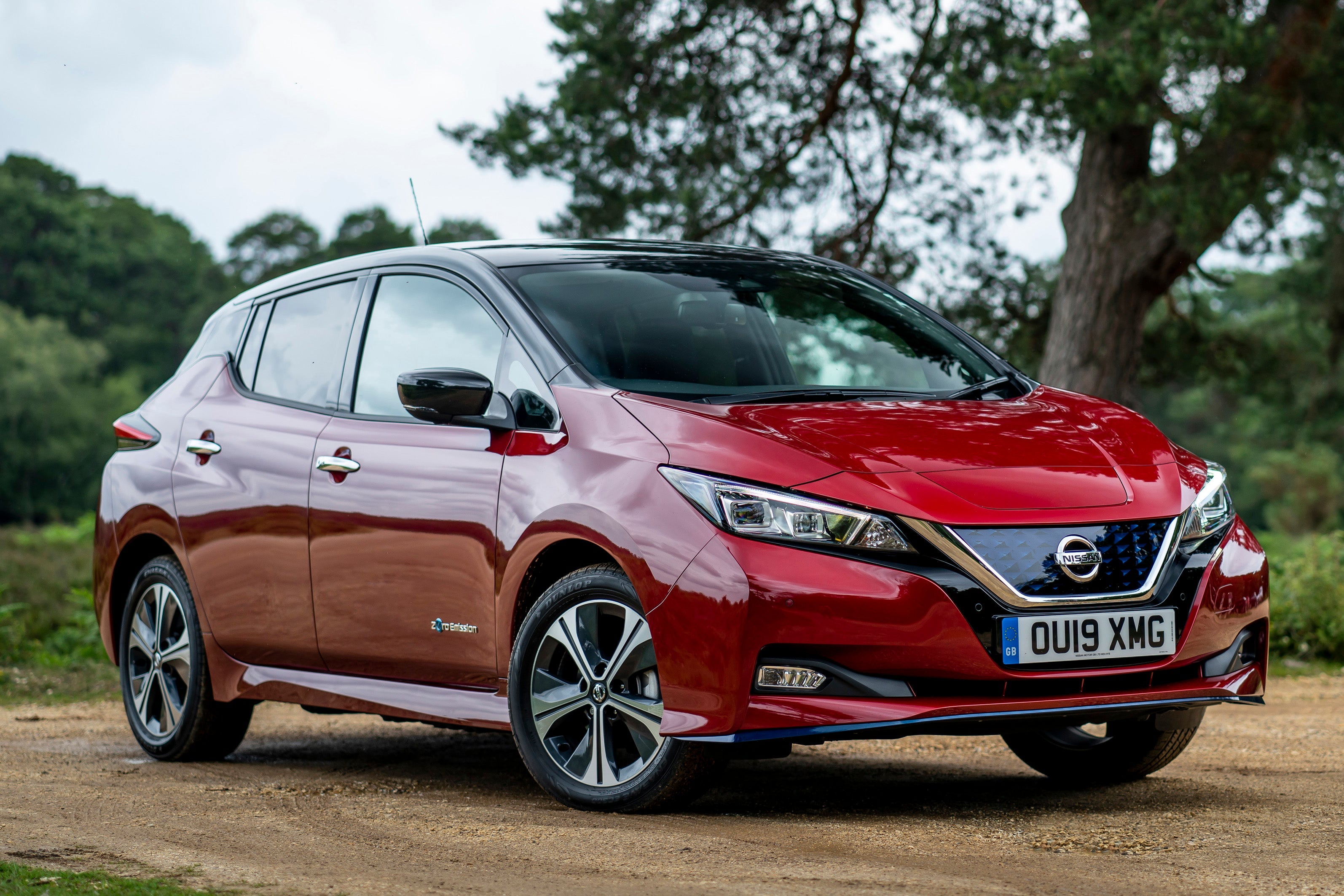
The UK Government’s plug-in car grant ran from 2011 to 2022 and offered money off electric cars and plug-in hybrids.
The scheme ended in June 2022 and the funding was shifted to create a plug-in car grant scheme for plug-in taxis, motorbikes, wheelchair accessible vehicles along with vans and trucks.

What was the plug-in car grant?
The plug-in car grant (PICG) was a Government scheme designed to encourage car buyers to choose electric vehicles by giving them a discount on the price of a new electric car. The scheme was run by the Office for Zero Emission Vehicles (OZEV) which is part of the Department for Transport (DfT) and the Department for Business, Energy & Industrial Strategy (BEIS). You will sometimes hear the plug-in car grant referred to as the OZEV grant or the OLEV grant as OZEV was previously called the Office for Low Emission Vehicles.
When did the Government launch the plug-in car grant?
The UK Government launched the plug-in car grant in 2011 to help stimulate the early market for ultra-low emission vehicles. Back then an ultra low emission car was typically about a third more expensive than an internal combustion engine (ICE) equivalent so the grant, which gave a discount of up to £5000, was designed to help reduce the price difference.
Over time it was scaled back. In March 2021 the maximum grant was reduced from £3000 to £2500 while the last change in January 2022 saw it cut from £2500 to £1500
Since the scheme began more than 500,000 claims have been made and the total value of the grants issued is nearly £1.4 billion, according to the Government. Electric car sales increased by more than 180% in 2020.
How much was the plug-in car grant?
The grant paid for 35% of the purchase price of a new electric vehicle, up to a maximum of £1500 by the end of the scheme.
Which cars were eligible for the plug-in grant?
The plug-in car grant could only be claimed for new cars at first registration so used cars were not eligible.
The car had to have zero tailpipe CO2 emissions and a zero-emission range of at least 70 miles.
By the time it ended, the electric car grant only applied to cars that had a recommended retail price (RRP) of less than £32,000, including VAT and delivery fees.
This wasn’t always the case. When the scheme was first launched it applied to both plug-in hybrids and fully electric vehicles but in 2018 the Government changed the criteria so that only cars with CO2 emissions of less than 50g/km and a zero-emission range of at least 70 miles were eligible.
The grant was also cut from £5000 to £4000.
Following the Budget in March 2020, the grant only applied to zero emission cars that had a recommended retail price below £50,000.
In 2021 the Government slashed the plug-in car grant twice and changed the eligibility criteria.
In March 2021 it cut the grant from £3000 to £2500 and the plug-in car grant was scrapped on electric cars over £35,000. Then in December 2021 it was cut by another £1000 down to £1500.

How did you apply for the plug-in car grant?
You didn't need to do anything to apply for the plug-in car grant. The grant was deducted from the price of the car at the point of sale by the dealership.
Will there be a new electric plug-in car grant?
There will be a new plug-in car grant, but it will apply to taxis, wheelchair accessible vehicles, vans, trucks and motorbikes. As yet there have been no details on how the scheme will work and what discounts will be available.
The UK Government is switching its focus away from new electric cars and towards the charging infrastructure. According to the Department for Transport, this change will allow government funding to 'target expanding the public chargepoint network, helping to eradicate “range anxiety” and ensure the transition to zero-emission transport is easy and convenient for all drivers across the UK'. The government has committed £1.6 billion to building the UK’s public chargepoint network.
Which electric cars were eligible for the Government plug-in car grant?
Not all electric cars qualified for the electric car grant. Here is the list of makes and models which were eligible:
Citroen
- e-Berlingo M – Feel, Flair XTR
- e-Berlingo XL – Feel
- e-C4 - Sense and Shine Edition
- e-Spacetourer (50kWh) – Business Edition (M), Business Edition (XL)
Fiat
- 500e - Action, Icon, La Prima,Passion
- 500e (RED) 24kW
- 500e (RED) 42kW
- 500e Convertible - Icon and Passion
- 500e Convertible (RED) 42kW
Hyundai
- Ioniq Electric - Premium
- Kona Electric (39kWh) - SE Connect, Premium
Mazda
- MX-30 - SE-L Lux, First Edition, Sport Lux
MG
- MG5 EV (52.5kWh)
- MG5 EV (61.1kWh)
- MG ZS EV - Excite, Exclusive, SE, Trophy, Trophy Connect, SE Long Range
MINI
- MINI Electric - Level 1, Level 2
Nissan
Peugeot
- e-208 - Active Premium, Allure, Allure Premium
Renault
- Zoe - GT Edition, GT Line, GT Line+ R135 EV 50 Rapid Charge
- Zoe - Iconic R110 EV 50
- Zoe - Iconic R110 EV 50 Rapid Charge
- Zoe - Iconic R135 EV 50 Rapid Charge
- Zoe - i Venture R110 Z.E 50 Rapid Charge
- Zoe - Play R110 EV 50
- Zoe – Riviera Limited Edition R135 ZE Rapid Charge
- Zoe - S Edition R110 EV 50 Rapid Charge
- Zoe - S Edition R135 EV 50 Rapid Charge
Smart
SsangYong
- Korando eMotion - Ventura
Vauxhall
- Combo-e Life SE (5 Seat)
- Vauxhall Combo-e Life SE (7 Seat)
- Vauxhall Combo-e Life SE XL (7 Seat)
- Vauxhall Corsa-e - Elite Premium, SE Nav Premium, SRi Nav Premium
- Vauxhall Mokka-e - Elite Premium, SE Premium, SRi Premium, Ultimate
- Vauxhall Vivaro-e Life Edition/Combi L
- Vauxhall Vivaro-e Life Combi M
Volkswagen

Can you get any other discounts on an electric vehicle?
When you buy a fully electric car you qualify for free road tax (VED) and cheaper car insurance.
Another financial incentive to choose an electric car is that there is no fuel duty to pay, unlike petrol and diesel where fuel duty makes up the majority of the pump price (currently 52.95 pence per lite).
The Government also provides support for getting an electric vehicle charge point fitted, with a grant of up to 75% (capped at £350, including VAT) for homeowners who live in flats and people in rental accommodation (flats and single-use properties)
As of April 2022, the Electric Vehicle Homecharge Scheme is no longer open to homeowners (including people with mortgages) who live in single-unit properties such as bungalows and detached, semi-detached or terraced housing.
If you live in Scotland, you can apply for the interest-free electric vehicle loan, funded by Transport Scotland (an agency of the Scottish Government) and administered by the Energy Saving Trust.
You can apply for a loan of up to £28,000 for a new pure electric car or up to £20,000 for a used electric car.
Scottish residents may also benefit from additional funding from the Scottish Government for a home charge point via the Energy Saving Trust.
Both the interest-free electric vehicle loan and the domestic charge point funding have closed for applications this financial year but funding is expected to continue next year.
When did the plug-in car grant end?
The plug-in car grant scheme ended on the 14th of June 2022. Existing applications for the grant will continue to be honoured and where a car has been sold in the two working days before the announcement, but an application for the grant from dealerships has not yet been made, the sale will also still qualify for the grant.


